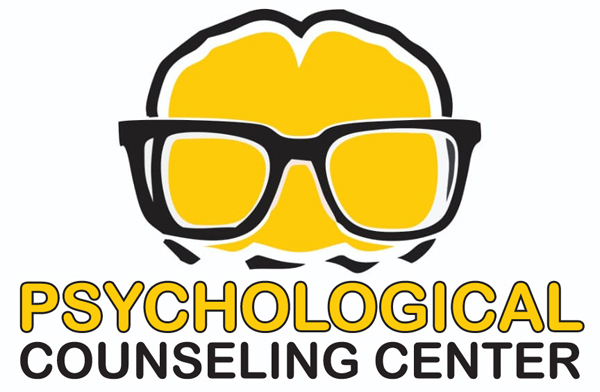How To Study Fast In 1 Hour: Top 10 Proven Strategies.
Introduction
How to study fast in 1 hour is the most demanded question always asked by students Studying for exams or preparing for an important presentation can be overwhelming, especially when you have limited time.
While many people believe that hours of studying are necessary to achieve success, this isn’t always the case.
With effective time management and focused studying techniques, you can learn how to study fast in just one hour.
By applying specific strategies and tips, you can maximize your study time, retain information more efficiently, and ultimately achieve better results.
In this article, we will explore various ways to study fast in just one hour, including how to manage your time, use effective study techniques, and stay focused and motivated.
1. Identify your goals
To identify your goals, list the tasks you need to complete in the next hour.
This will help you stay focused and avoid wasting time on less important tasks. Creating a to-do list prioritizes your study goals and keeps you accountable.
Knowing exactly what needs to be done allows you to work efficiently and make the most of your limited study time.
So, take charge of your study plan and list the most important tasks to tackle within the hour.
This active approach empowers you to stay organized and on task, giving you the best chance for success.
2. Eliminate distractions to study fast in 1 hour:
To eliminate distractions, turn off your phone, close any unnecessary tabs on your computer, and find a quiet place to work.
These actions help you stay focused and avoid getting sidetracked, ensuring that every minute counts.
Taking charge of your environment is an active way to control your study environment and create an optimal workspace.
By silencing your phone and minimizing computer tabs, you minimize the temptation to stray from your study tasks.
Additionally, finding a quiet place to work removes the background noise and visual stimuli that can cause distractions.
By taking these action steps, you position yourself to succeed in your studies and use your one-hour study block to the fullest.
3. Use the Pomodoro Technique
To use the Pomodoro Technique, work for 25 minutes and then take a 5-minute break.
Repeat this cycle four times, and then take a longer break of 15-30 minutes. This time-management method can help you stay focused and avoid burnout.
By actively taking charge of your study schedule, you create an efficient and productive study session.
Breaking up your work into manageable intervals with designated breaks helps you maintain focus and avoid the feeling of being overwhelmed.
This technique also maximizes your productivity by providing opportunities to recharge and rest, which can help you avoid burnout and improve your retention of the material.
By taking active steps to manage your time, you create a sustainable and effective study habit that can lead to better outcomes.
4. Use active learning strategies
To use active learning strategies, engage with the material you’re studying by summarizing information in your own words, creating flashcards, or taking practice quizzes.
These techniques help you retain information more effectively than passive learning methods, such as simply reading over notes.
By taking an active approach to learning, you stimulate your brain and make stronger connections with the material.
This approach also forces you to think critically about the concepts and identify areas where you may need additional support.
By taking charge of your learning process and implementing active learning strategies, you can maximize your retention of the material and improve your overall understanding and it will surely help you in your goal of study fast in 1 hour.
check our article on how to study fast without forgetting












